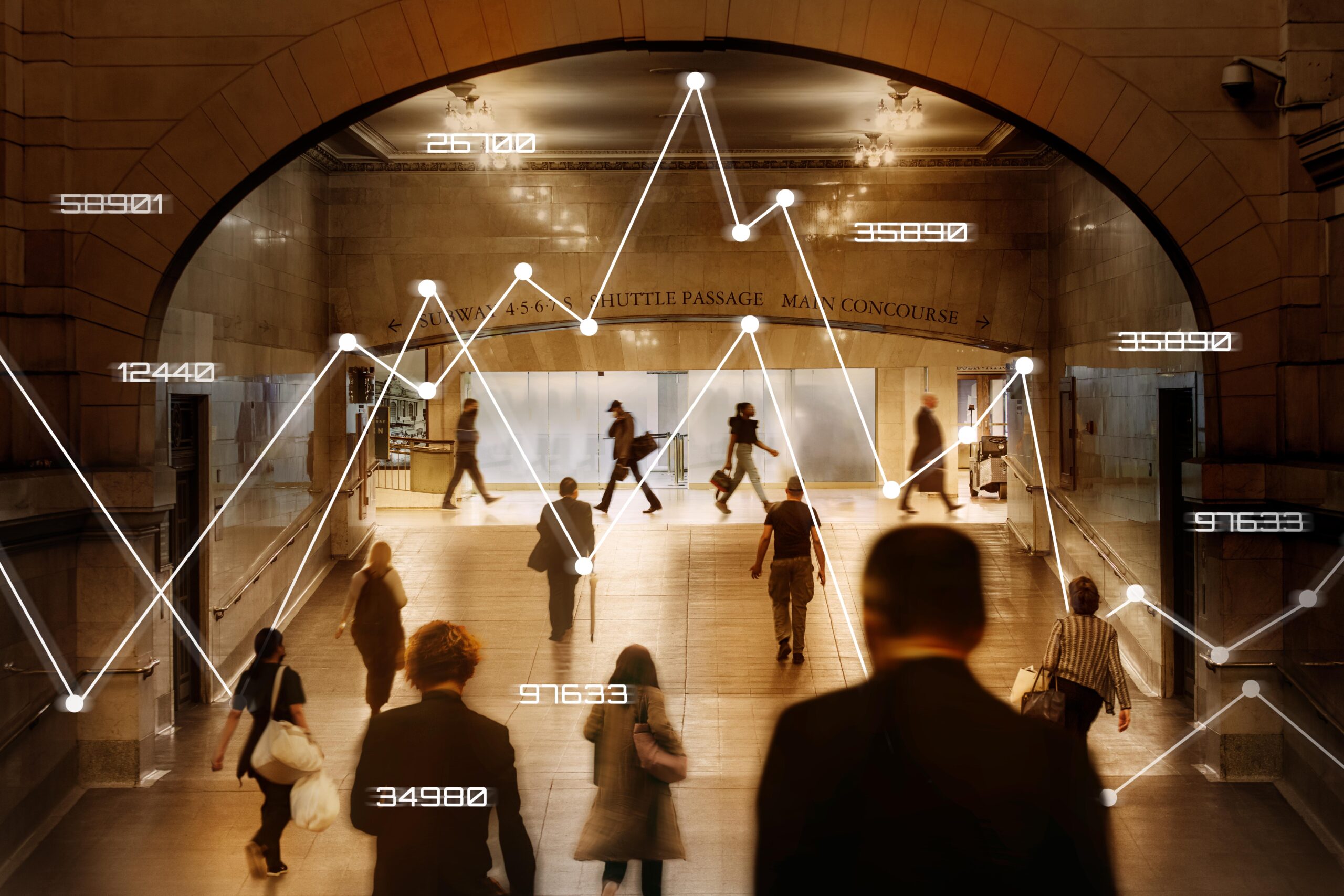The Future of Sector-Specific Exhibitions: Predictions and Emerging Trends
In an ever-evolving global marketplace, sector-specific exhibitions are becoming more vital than ever. These focused events provide industry players with a dedicated platform to showcase innovations, network with niche audiences, and stay ahead of the competition. As technology, audience expectations, and sustainability standards continue to evolve, the landscape of these exhibitions is undergoing significant transformation. Let’s explore the key predictions and emerging trends shaping the future of sector-specific exhibitions.
Rise of Hyper-Personalized Experiences
Personalization is becoming a driving force behind successful sector-specific exhibitions. Attendees no longer want generic, one-size-fits-all experiences. Instead, they expect tailored content, curated exhibitor lists, and customized agendas that match their exact interests and professional goals.
Organizers are leveraging data analytics and artificial intelligence to segment audiences and design personalized visitor journeys. Tools such as AI-powered matchmaking, mobile apps with real-time recommendations, and industry-specific breakout sessions help create a more engaging and relevant experience for attendees and exhibitors alike. This shift ensures higher satisfaction, improved ROI, and stronger business outcomes.
Integration of Advanced Technology
Technology is rapidly transforming how exhibitions are planned, executed, and experienced. In the future, sector-specific exhibitions will increasingly incorporate emerging technologies like Augmented Reality (AR), Virtual Reality (VR), Artificial Intelligence (AI), and the Internet of Things (IoT).
AR and VR enable exhibitors to offer immersive demonstrations of complex products, especially in sectors like manufacturing, energy, or healthcare. AI enhances event operations by analyzing attendee behavior, predicting trends, and offering personalized suggestions. Hybrid models—combining in-person and virtual elements—are also becoming standard, allowing broader access and greater flexibility for international participants.
These technologies not only enhance engagement but also provide measurable data for post-event analysis and improvement.
Sustainability and Responsible Practices
Sustainability is no longer a buzzword—it’s a business imperative. As environmental consciousness grows, sector-specific exhibitions are adopting greener practices to align with global sustainability goals. Exhibitions are moving toward paperless registration, reusable booth designs, digital badges, and eco-friendly venues.
Many organizers now incorporate sustainability metrics, such as carbon footprint tracking and waste reduction strategies, into their planning process. Exhibitors, too, are expected to comply with eco-conscious guidelines, making green practices a collaborative effort.
This focus on responsible operations not only benefits the planet but also enhances the credibility and appeal of the event among modern businesses and environmentally aware audiences.
Conclusion
The future of sector-specific exhibitions lies in their ability to evolve with the changing needs of industries and audiences. By embracing hyper-personalization, advanced technologies, and sustainable practices, these exhibitions are becoming more impactful, inclusive, and forward-thinking.














Post Comment